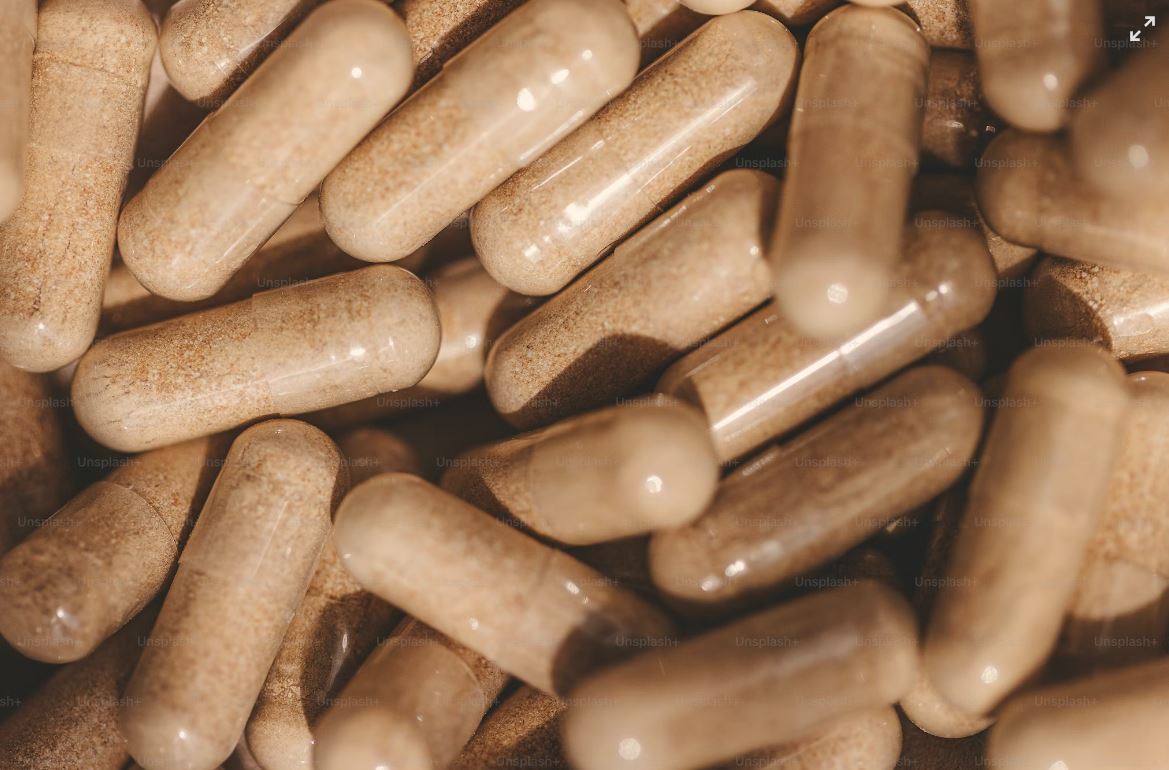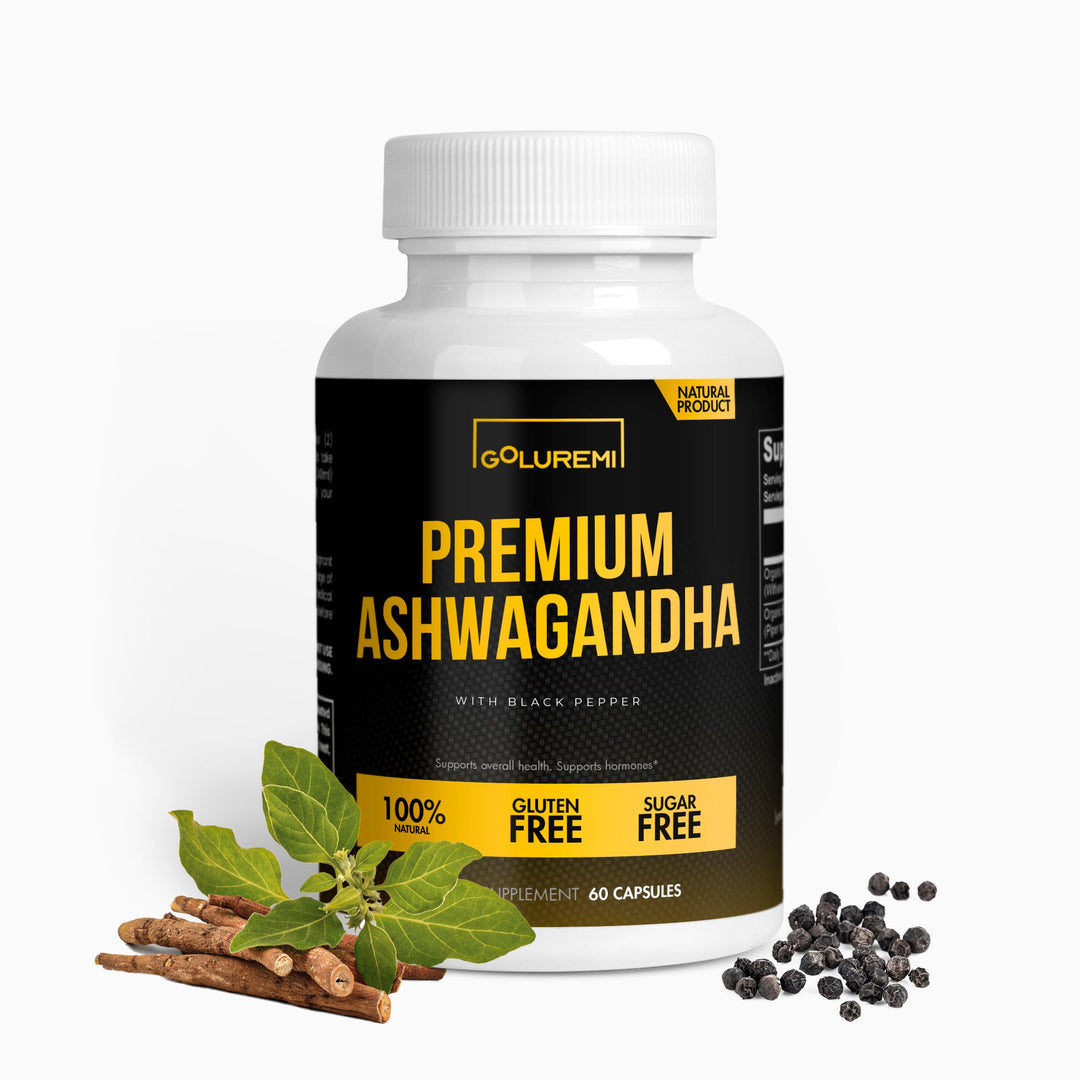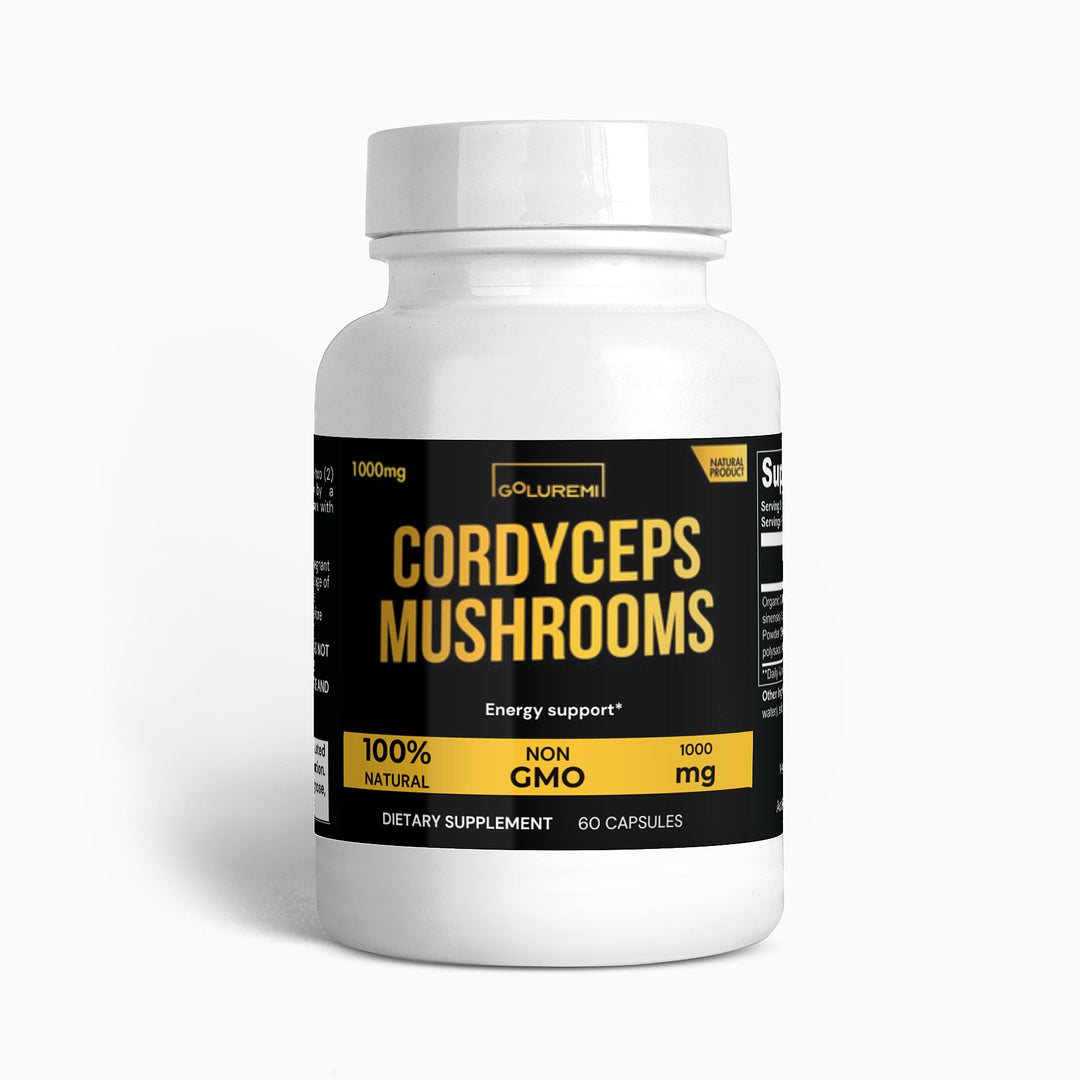What are the known traditional, historical, and cultural uses of ashwagandha?

According to the Charak Samhita (1949), the traditional medical method used in India, known as Ayurveda, dates back to 6000 BC. Ashwagandha has been utilised as a Rasayana throughout the majority of these 6000 years. The root of Ashwagandha is valued for its tonic, narcotic, diuretic, anthelmintic, astringent, stimulant, and thermogenic properties. Because of the root's horse-like ("ashwa") odour and its ability to imbue users with equine strength, Ashwagandha is so named. Emaciation in children (when administered with milk, it is the best tonic for youngsters), old age debility, rheumatism, leucoderma, constipation, sleeplessness, neurological breakdown, goitre, etc. are all ailments for which it is frequently used.
For individuals who favour herbal medications, ashwagandha appears to be a good option for a number of factors.
Stress-inducing situations abound in modern life. Additionally, stress plays a role in both physical and mental disorders. Your body's cortisol levels rise under stressful situations, which makes your heart beat quicker and with greater force. Your body produces more glucose while you breathe quickly, giving you an immediate boost of energy. Your body enters the fight-or-flight state, and your mind becomes intensely focused on any threats.
Does ashwagandha have an impact on the overall brain and mental health?
Withaferin A, withanolides, withanosides, and other bioactive substances are present in extracts of ashwagandha's roots and leaves. These substances have anti-inflammatory and antioxidant properties. They also take various actions to shield the brain from illness. They penetrate brain tissue after crossing the blood-brain barrier and can have a positive impact. It has been demonstrated that daily ashwagandha use enhances cognitive function in healthy persons.
Without having any negative side effects, ashwagandha activates GABA receptors.Ashwagandha is recognised to improve cognitive performance rather than weariness or cognitive decline. For many years, ashwagandha has been utilised to ease stress and promote positive moods. In comparison to a placebo, a study of human trials revealed that it lessened the symptoms of anxiety.
Does ashwagandha have an impact on immunological function?
Shwagandha most likely functions by having a moderating influence on the glands involved in the body's physiological response to stress, the hypothalamus-pituitary-adrenal axis. This is crucial because managing stress might potentially prevent the body from being able to restore balance, which is necessary for a healthy recovery from disease.
Stress affects health, as Western medicine has just learned, just as Ayurvedic practitioners did for thousands of years. Ayurvedic doctors are aware that treating physical symptoms alone will not eliminate a disease's underlying causes. It is crucial to take into account emotional and mental elements that contribute to physical issues, exacerbate them, or delay full recovery.
According to the International Journal of Yoga, good feelings and mental processes are associated to wellbeing. Negative emotions have a negative impact on one's capacity to handle stress and, consequently, on one's physical well-being. Yoga, to mention just one form of mind-body practise, has been found in studies to lessen anxiety and depression, which promotes wellbeing.
Are there any physical effects of ashwagandha?
The effectiveness of ashwagandha in increasing muscular mass and strength is still being researched. According to one study, participants had more strength and speed. In another study, people who took ashwagandha had more muscle power, a lower body fat percentage, and lower cholesterol levels. It helps you maintain a healthy lifestyle and increases your stamina while facilitating challenging workout activities for weight loss.
The manner ashwagandha is used has also changed through time; diverse methods have been used with the leaves, seeds, fruits, and roots, and there is no established dosage that has been examined in recent clinical research.
Effect on swimming performance:
Ashwagandha is used to enhance cognition, increase stamina in situations where exhaustion is present, lessen the prevalence of stress-related illnesses and physical impairments, increase physical stamina, strength, and energy levels, improve sexual dysfunction, restore cognitive performance that has been negatively impacted by stress, and maintain cortisol (the stress hormone).
Rhodiola Rosea
Rhodiola Rosea is a component of adaptogens. This plant, which is well-known for boosting vigour and endurance, has been shown to lessen tension and anxiety in general. You are less prone to indulge in stress-related eating and bingeing when your stress levels are reduced in addition to your cortisol levels. Even on the day of the meet, eating a lot of unhealthy snacks is not a good nutritional plan. Snacking on healthy meals is crucial for performance. You can get rid of the need to overeat on fatty, salty foods when you use adaptogens.
Don't miss out on the incredible health benefits of Goluremi Premium Endurance Ashwagandha. Elevate your wellbeing, enhance your performance, and take charge of your health today!










